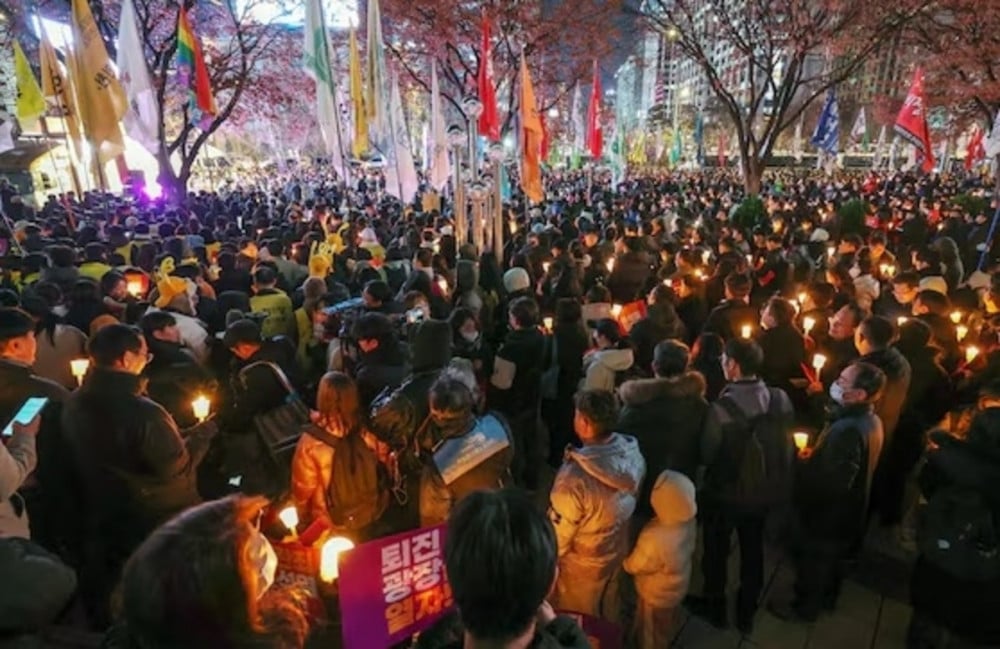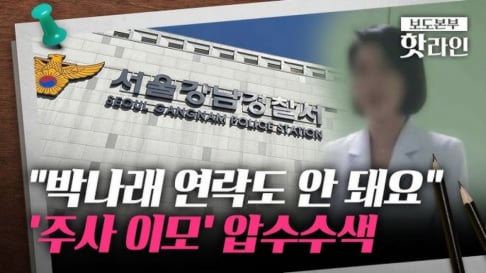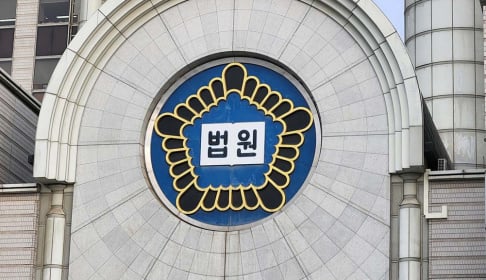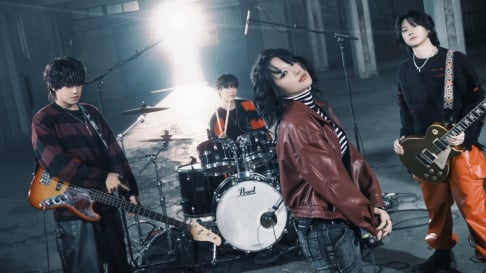
South Korea’s National Assembly has commenced a highly anticipated anonymous vote on the impeachment motion against President Yoon Suk Yeol. The proceedings, taking place on December 7, follow days of heightened political and social tension across the nation, with the public deeply divided over the president’s leadership and actions.
Background and Public Sentiment
The impeachment motion comes on the heels of significant controversy, including allegations of constitutional violations and abuse of power. The public discontent has been amplified by the recent rejection of a Special Prosecutor Act aimed at investigating First Lady Kim Keon Hee. The proposed bill, intended to probe allegations of misconduct, was narrowly defeated earlier today, with 198 votes in favor and 102 against—falling short of the required threshold.
Public opinion polls reveal that over 70% of South Koreans support the impeachment of President Yoon, citing concerns over democratic governance and accountability. This public sentiment has been visibly demonstrated by large-scale protests in Gwanghwamun Plaza and Yeouido, where citizens have held candlelight vigils reminiscent of those seen during the impeachment of former President Park Geun Hye eight years ago.
Escalating Tensions
Adding to the tension is the deployment of armed military personnel outside the National Assembly earlier this week. The controversial move, which the administration described as a preventive measure, has drawn sharp criticism from opposition parties and civic groups, who argue that it undermines democratic norms. Critics also accuse the government of stoking inter-Korean tensions to divert attention from domestic issues, citing allegations of covert military operations.
Political Dynamics and Challenges
The impeachment motion faces substantial obstacles. The ruling People Power Party (PPP), which wields significant influence in the legislature, has officially opposed the motion. Pro-Yoon lawmakers have condemned the impeachment as a politically motivated maneuver, deepening divisions within the National Assembly. On the other hand, the Democratic Party and other opposition groups are urging bipartisan cooperation to address what they characterize as a governance crisis. Despite the opposition’s efforts, the vote’s outcome remains uncertain, as achieving the two-thirds majority required for impeachment is a formidable task given the PPP’s firm stance.
What Lies Ahead
If the impeachment motion passes the National Assembly, it will be referred to South Korea’s Constitutional Court for validation. Should the court uphold the motion, President Yoon would become only the second South Korean president to be impeached since the country’s democratic transition in the late 20th century. The results of the impeachment vote are anticipated later today, a moment poised to leave a lasting mark on South Korea’s political landscape. Regardless of the decision, December 7, 2024, is set to be remembered as a defining day in the nation’s democratic history.
 SHARE
SHARE













































